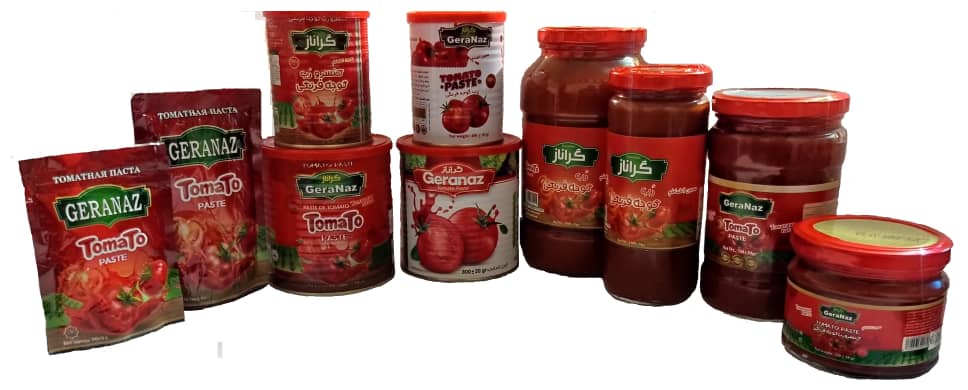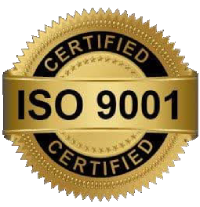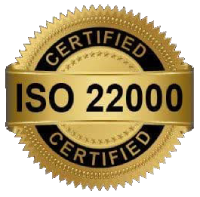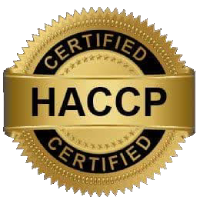-
1
Advantages of canned Tomato paste Geranaz:
- 1.1 Below are some of the key benefits of using canned Tomato paste geranaz :
- 1.2 Exporting is the act of selling goods or services produced in one country to consumers in another. It is a crucial driver of economic growth and has a multitude of benefits for businesses, economies, and societies as a whole.
- 1.3 Below is a comprehensive description of the process and considerations involved in exporting canned tomato paste in different weights and packaging:
Advantages of canned Tomato paste Geranaz:
Geranaz food industries is an expert and experienced producer and provider of Tomato paste in different packaging and different Weights, in three following brands(Geranaz, Behneshin, Sabat chin)
Cans: (400g , 800g, 2200g, 4000g, 17000g)
Jars:( 320g, 450g, 600g, 720g, 1000g, 1500g )
Sachet: ( 70g, 100g ,130g, 200g)
Aseptic and Bulk: ( 220kg, 230kg, 240kg)
Below are some of the key benefits of using canned Tomato paste geranaz :
1. Long Shelf Life:
One of the main advantages of canned Tomato paste geranaz is its extended shelf life. When stored in a cool, dry place, unopened canned Tomato paste geranaz can last for up to two years or more. This makes it a convenient pantry staple that you can always have on hand for whenever you need to add a burst of tomato flavor to your dishes.
2. Intense Flavor:
Canned tomato paste is made from concentrated tomatoes that have been cooked down and strained, resulting in a rich, intense flavor. This concentrated flavor adds depth and complexity to dishes, making it a versatile ingredient that can enhance the taste of a wide variety of recipes.
3. Convenient and Time-Saving:
canned Tomato paste geranaz is a convenient option for busy cooks who are looking to add a quick burst of tomato flavor to their dishes. With canned tomato paste, there’s no need to spend time peeling, chopping, and simmering tomatoes – simply open the can and spoon out the desired amount of paste.
4. Versatile Ingredient:
canned Tomato paste geranaz is a versatile ingredient that can be used in a wide range of dishes. Whether you are making pasta sauces, soups, stews, marinades, or even desserts, tomato paste can add a delicious depth of flavor to your recipes.
5. Nutrient-Rich:
Tomatoes are known for their high levels of vitamins A and C, as well as various antioxidants. canned Tomato paste geranaz retains much of the nutritional value of fresh tomatoes, making it a healthy and nutritious addition to your cooking.
6. Cost-Effective:
canned Tomato paste geranaz is an economical option for home cooks, as it provides a concentrated burst of tomato flavor at a relatively low cost. A little goes a long way with tomato paste, so a single can can last for multiple dishes, making it a cost-effective ingredient to have on hand.
conclusion:
canned Tomato paste geranaz offers a multitude of advantages, from its long shelf life and intense flavor to its convenience and versatility in the kitchen. Whether you are making a classic pasta sauce, a hearty stew, or a flavorful marinade, canned tomato paste is sure to be a valuable addition to your cooking repertoire.
Exporting is the act of selling goods or services produced in one country to consumers in another. It is a crucial driver of economic growth and has a multitude of benefits for businesses, economies, and societies as a whole.
1. Increased Revenue and Profitability:
Exporting allows businesses to tap into new markets and reach a larger customer base, resulting in increased sales and revenue. By expanding their reach beyond domestic markets, companies can boost their profitability and reduce reliance on a single market, which is particularly important during economic downturns.
2. Diversification:
Exporting helps companies diversify their customer base and reduce the risks associated with relying solely on domestic sales. By expanding into international markets, businesses can spread their risk across different regions and consumer segments, increasing their resilience to economic fluctuations and geopolitical uncertainties.
3. Economies of Scale:
Exporting often leads to economies of scale, as businesses can increase production volumes and take advantage of lower unit costs. This can result in improved efficiency, higher productivity, and ultimately, increased competitiveness in the global marketplace.
4. Access to New Markets:
Exporting opens up opportunities for businesses to access new markets and customer segments that may not be available domestically. By tailoring products and services to meet the needs and preferences of international consumers, companies can capitalize on growing demand in different regions and expand their market share.
5. Enhanced Brand Visibility:
Exporting can help businesses enhance their brand visibility and reputation on a global scale. By showcasing their products or services in international markets, companies can build credibility, trust, and recognition, ultimately strengthening their position in the marketplace.
6. Technological Advancements:
Exporting often drives technological advancements and innovation as businesses seek to meet the demands of international customers. By adapting products, processes, and services to different market requirements, companies can foster creativity, enhance competitiveness, and drive industry progress.
7. Job Creation and Economic Growth:
Exporting creates jobs and drives economic growth by generating demand for goods and services, supporting local suppliers and industries, and attracting foreign investment. By expanding their export activities, businesses can contribute to the overall prosperity and sustainability of their communities.
conclusion:
exporting offers a plethora of benefits for businesses, economies, and societies, including increased revenue and profitability, diversification, economies of scale, access to new markets, enhanced brand visibility, technological advancements, job creation, and economic growth. Businesses that embrace exporting as part of their growth strategy can position themselves for long-term success and sustainability in the global marketplace.
Exporting canned Tomato paste geranaz is a lucrative business opportunity for producers and suppliers looking to tap into international markets. Tomato paste is a versatile and in-demand ingredient that is used in a wide range of culinary applications, making it a popular commodity for export.
Below is a comprehensive description of the process and considerations involved in exporting canned tomato paste in different weights and packaging:
1. Production and Quality Control:
Before exporting canned Tomato paste geranaz, it is essential to ensure that the product meets all standards and regulations for international trade. This includes quality control measures to ensure that the tomato paste is of high quality, free from contaminants, and produced in sanitary facilities. Producers must also comply with any relevant food safety regulations and certifications required for exporting to specific countries.
2. Market Research:
Market research is crucial when exporting canned tomato paste to identify potential markets, understand consumer preferences, and assess market demand. Factors to consider include market trends, competition, pricing strategies, distribution channels, and regulatory requirements in the target countries.
3. Packaging and Labeling:
Proper packaging and labeling are essential when exporting canned Tomato paste geranaz. Packaging should be durable and suitable for long-distance transportation to ensure that the product reaches its destination in good condition. Labels should include all necessary information, such as ingredients, nutritional information, expiration dates, and any required certifications or regulatory seals.
4. Logistics and Distribution:
Exporting canned Tomato paste geranaz involves coordinating the logistics of transporting the product from the manufacturing facility to the destination market. This includes arranging for transportation, warehousing, and distribution services, as well as handling customs clearance and documentation requirements.
5. Pricing and Payment:
Determining pricing strategies for exported canned tomato paste involves considering production costs, market competition, and target profit margins. Payment terms and methods should also be established to ensure that transactions are conducted securely and efficiently.
6. Regulatory Compliance:
Exporting canned tomato paste requires compliance with international trade regulations, food safety standards, and import/export requirements in both the exporting and importing countries. This includes obtaining any necessary permits, licenses, certifications, and documentation to facilitate trade.
7. Marketing and Promotion:
Effective marketing and promotion strategies are essential to successfully export canned Tomato paste geranaz. This may include participating in trade fairs and exhibitions, developing advertising campaigns, and working with distributors and agents to promote the product in foreign markets.
In conclusion, exporting canned tomato paste presents a promising opportunity for producers and suppliers looking to expand their business into international markets. By following proper production practices, conducting thorough market research, ensuring quality control, and complying with regulatory requirements, exporters can successfully introduce their product to global consumers and capitalize on the growing demand for canned tomato paste worldwide.













